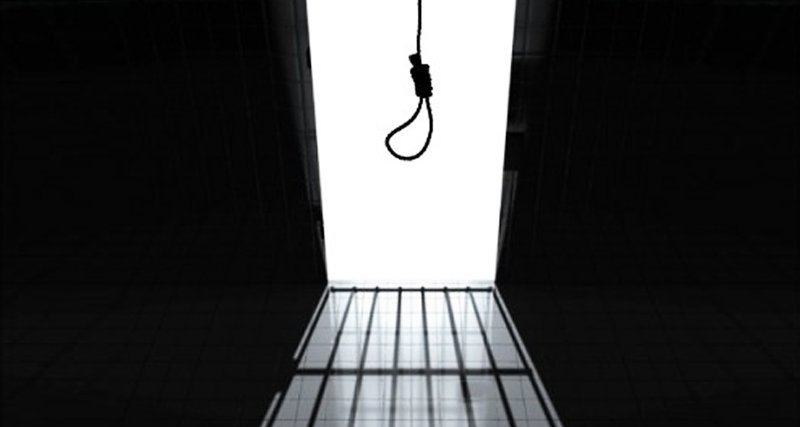
Iran wants to hold on to the execution of Swedish-Iranian professor Ahmadreza Djalali, who was sentenced to death in a controversial espionage trial.
“The verdict is legally valid, the prosecution only has to decide on the time,” said justice spokesman Massoud Setayeshi on Wednesday. Diplomatic solutions, such as a prisoner exchange, the spokesman ruled out.
The execution of the death penalty for the Swedish-Iranian professor, who is also a guest lecturer at the VUB, was announced in Tehran before May 21. Djalali was arrested in 2016. It was alleged that he worked for the Israeli secret service Mossad. An Iranian court gave him the death penalty. A year later, Djalali was granted Swedish nationality. The ruling was heavily criticized.
It has been “proven” that Djajali repeatedly delivered secret government documents to the Mossad, endangering national security, the Iranian side said in early May. Iran and Israel have been hostile to each other for 40 years. Individuals with dual citizenship are treated as purely Iranian in the Iranian legal system.
Iran also denied that Djalali’s fate depends on a trial in Sweden against Iranian Hamid Nouri. The former prison worker is accused of involvement in mass executions and war crimes. Hamid Nouri faces a life sentence.
